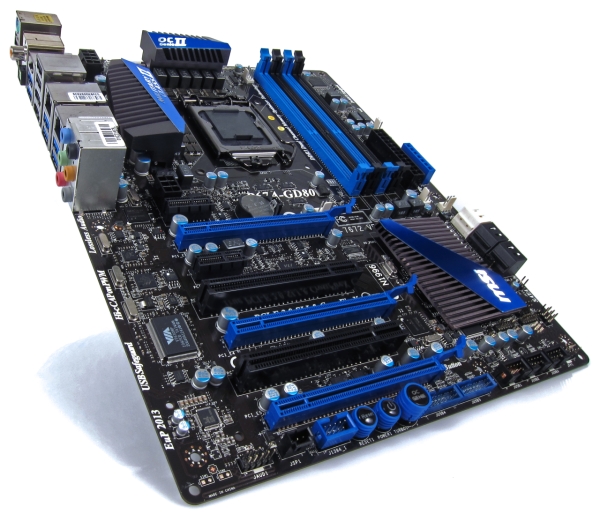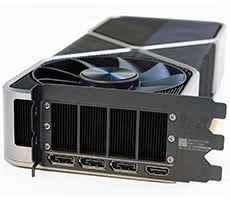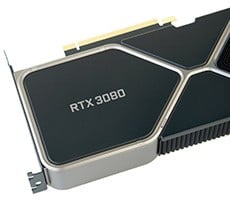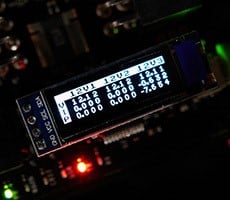P67 Motherboard Round-up: Asus, Fatal1ty, GB, MSI
MSI P67A-GD80
Micro Star International (MSI) manufactures a variety of computer components. Established in 1986, they originally focused on the motherboard and graphics card markets, but now produce a variety of notebooks, barebone systems,and wireless networking devices as well. Here we look at the P67A-GD80, an impressively designed board featuring MSI's distinctive black and blue color motif.
|
| Processor LGA-1156 i5 / i7 Processors Memory Four 240-pin DDR3 SDRAM DIMM sockets Supports DDR3 2133 / 1600 / 1333 / 1066 MHz Up to 32 GB max Expansion Slots 3 x PCIe 2.0 x16 slot 2 x PCIe x1 slot 2 x PCI slots |
Form Factor ATX 12 x 9.6 inches ( 30.5 cm x 24.4 cm ) LAN Realtek 8111E Audio Realtek ALC892 Warranty 3 year limited Price $219 |
At $219, the GD80 is one of the more expensive P67 boards from MSI. Only the Big Bang Marshal costs more, at a whopping $399. Alternatively, the next model down is the GD65 which costs $179, a significant difference when talking about motherboards. And looking at the rest of MSI's line up, we counted seven models that priced significantly less than the GD80, with baseline models starting at $104.
The following lists a few of the standout features found on the MSI P67A-GD80:

Military Class II - MSI products with this feature provide a longer lifespans and and better power efficiency. Hi-c CAP are more duable than basic solid capacitors. Super Ferrite Chokes operate at lower temperatures when compared to traditional chokes.

OC Genie II - This feature intelligently sets the clock and voltage of the CPU and memory in order to increase overall system performance. Just press the OC Genie button or enable it in the BIOS.

Click BIOS - The UEFI on-board offers a user friendly, mouse controlled menu system that replaces the legacy BIOS. It supports 15 languages too.
Accompanying the motherboard, MSI includes a nice bundle to aid in system assembly. The GD80 includes plenty of documentation for all its features, drivers disk, utilities disk, four SATA 3.0Gbs cables, SATA power adapters, USB expansion bracket, M-Connector kit, SLI and Crossfire bridges, voltage check cables, and an I/O shield.
The I/O panel consists of one PS/2 connector, four USB 2.0 ports, six USB 3.0 ports, a Firewire connection, two eSATA 3Gb/s ports, optical and coaxial S/PDIF out jacks, two RJ-45 LAN jacks, and 6 audio jacks. We love the abundance of connectivity options, especially the ten USB ports available.









